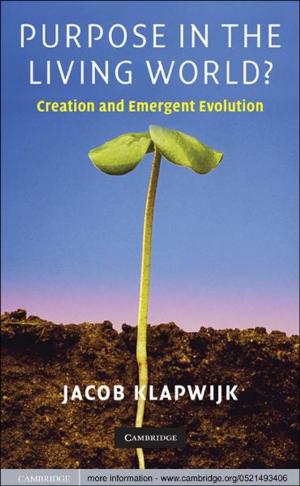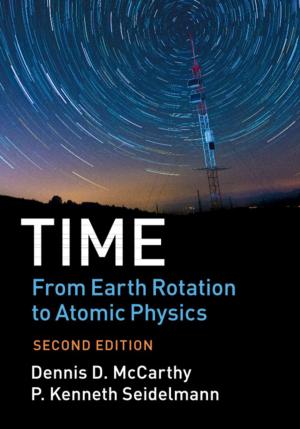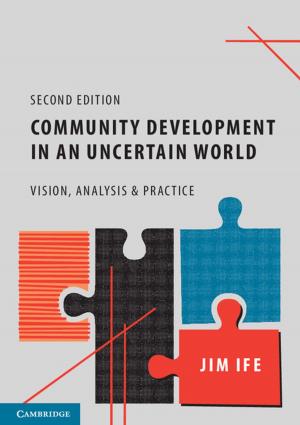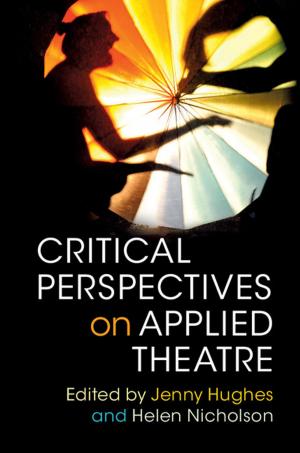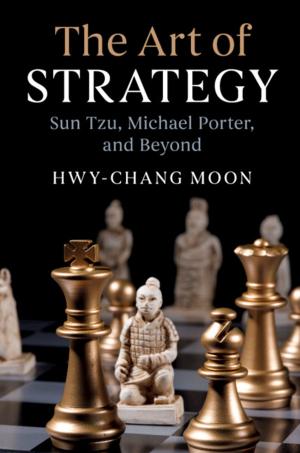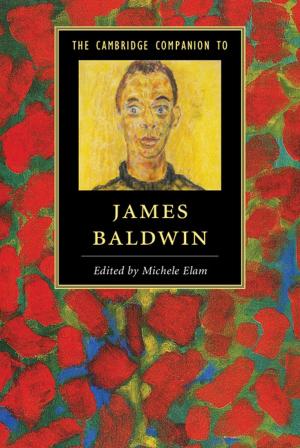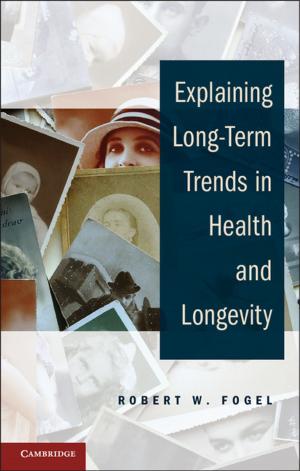The Creation of Eve and Renaissance Naturalism
Visual Theology and Artistic Invention
Nonfiction, History, European General, Religion & Spirituality| Author: | Jack M. Greenstein | ISBN: | 9781316482032 |
| Publisher: | Cambridge University Press | Publication: | August 23, 2016 |
| Imprint: | Cambridge University Press | Language: | English |
| Author: | Jack M. Greenstein |
| ISBN: | 9781316482032 |
| Publisher: | Cambridge University Press |
| Publication: | August 23, 2016 |
| Imprint: | Cambridge University Press |
| Language: | English |
Depicting the Creation of Woman presented a special problem for Renaissance artists. The medieval iconography of Eve rising half-formed from Adam's side was hardly compatible with their commitment to the naturalistic representation of the human figure. At the same time, the story of God constructing the first woman from a rib did not offer the kind of dignified, affective pictorial narrative that artists, patrons, and the public prized. Jack M. Greenstein takes this artistic problem as the point of departure for an iconographic study of this central theme of Christian culture. His book shows how the meaning changed along with the form when Lorenzo Ghiberti, Andrea Pisano, and other Italian sculptors of the fourteenth and fifteenth centuries revised the traditional composition to accommodate a naturalistically depicted Eve. At stake, Greenstein argues, is the role of the artist and the power of image-making in reshaping Renaissance culture and religious thought.
Depicting the Creation of Woman presented a special problem for Renaissance artists. The medieval iconography of Eve rising half-formed from Adam's side was hardly compatible with their commitment to the naturalistic representation of the human figure. At the same time, the story of God constructing the first woman from a rib did not offer the kind of dignified, affective pictorial narrative that artists, patrons, and the public prized. Jack M. Greenstein takes this artistic problem as the point of departure for an iconographic study of this central theme of Christian culture. His book shows how the meaning changed along with the form when Lorenzo Ghiberti, Andrea Pisano, and other Italian sculptors of the fourteenth and fifteenth centuries revised the traditional composition to accommodate a naturalistically depicted Eve. At stake, Greenstein argues, is the role of the artist and the power of image-making in reshaping Renaissance culture and religious thought.


